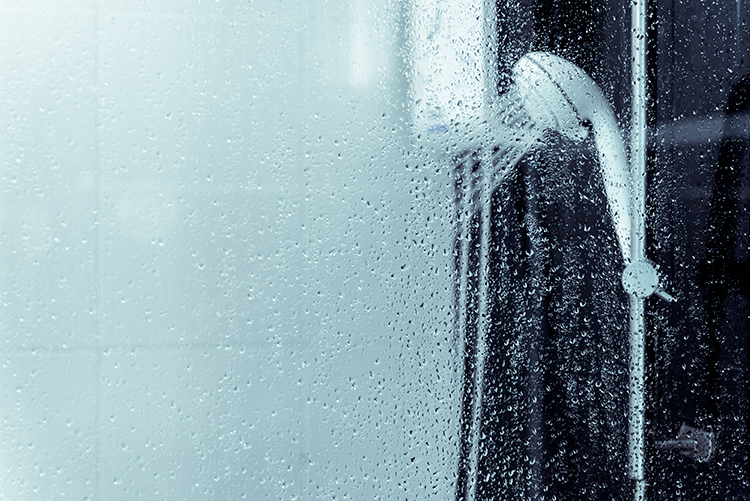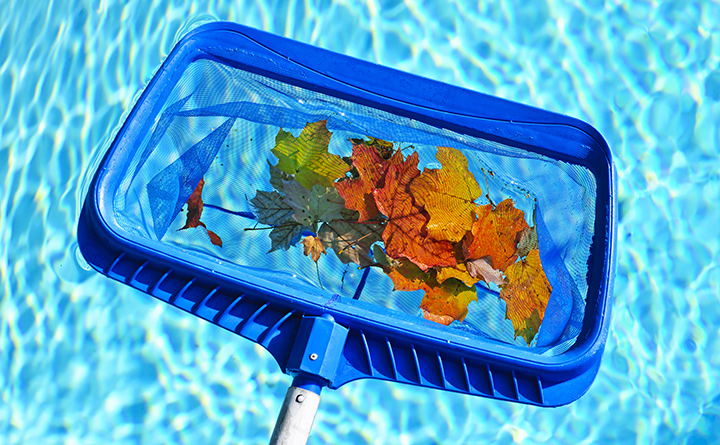
Types of chlorine
The most typical using chlorine in water treatment is to disinfect water. As a disinfectant, it's drawbacks, but inaddition it features benefits. Various other types of disinfection eg ultraviolet and ozonation are effective disinfectants nevertheless they don't offer a residual to stop pathogen regrowth as chlorination does. When therapy flowers tend to be distant from the point of use, chlorination is the greatest way to supply safe liquid on consumer. Municipal water providers generally depend on measurements of “chlorine residual”—the level of chlorine continuing to be into the liquid after it reaches its destination—as proof safety. Residual demands vary, but typical residual goal would-be for 0.2 to at least one mg/L.
And disinfection, chlorine may be effectively always oxidize metal, manganese and hydrogen sulfide to facilitate their particular elimination, to cut back shade in liquid, and facilitate such therapy procedures as sedimentation and purification.
Chlorine and pH
As a whole terms, the lower the pH associated with the liquid, the greater efficient chlorine is as a disinfectant. Again, talking typically, a reason for dosing efficiently usually chlorination increases the pH of liquid, so overdosing frequently raises the pH to levels in which chlorine can not work successfully as a disinfectant. Even more is not constantly stronger. Chemically, this has regarding the partnership involving the two constituents of chlorine that collectively in many cases are named “free chlorine”—hypochlorus acid and hypochlorite ions. Hypochlorus acid may be the more beneficial disinfectant therefore dominates at reduced pH levels, therefore a reduced pH is preferred for disinfection. Alternatively, an increased pH becomes necessary for liquid therapy strategies that rely on chlorination to oxidize iron and manganese.
Types of Chlorine Found In Water Treatment
“Pure chlorine” is seldom utilized for water therapy. The three common chlorine-containing substances utilized in water therapy are chlorine gasoline, salt hypochlorite, and calcium hypochlorite. The choice of this chlorine type to be utilized usually depends on cost, regarding offered storage space options as well as on the pH problems needed. Chlorination impacts pH and pH impacts outcomes—a undeniable fact that is often overlooked in residential liquid therapy.
Chlorine Gasoline
Chlorine gas is greenish-yellow in color and heavier-than-air. Its large toxicity causes it to be a great disinfectant for liquid additionally a hazard to humans just who manage it. Chlorine gas, naturally, is a deadly weapon whenever used in chemical warfare. It's a respiratory irritant and can irritate epidermis and mucous membranes and that can trigger death with adequate publicity. Because of substance changes that take place when it's introduced into liquid, chlorine gas is not any even more toxic to humans when accustomed treat drinking water than other forms of chlorine. Chlorine gas, that is in fact sold as an amber-colored compressed fluid, could be the most inexpensive as a type of chlorine and it is, consequently, the most well-liked kind for municipal liquid systems.
Calcium Hypochlorite
Calcium hypochlorite is manufactured from chlorine gas. It's best referred to as chlorine pellets and granules in residential water treatment. Its a white solid with a really pungent smell and it will develop sufficient heat to explode, so that it must not be saved near wood, fabric or petroleum services and products. Calcium hypochlorite escalates the pH associated with the liquid becoming treated.
Sodium Hypochlorite
Sodium hypochlorite is a chlorine-containing element most easily named household bleach. It is a light yellow fluid which has had a comparatively quick rack life. It's the simplest to undertake of all of the forms of chlorine. Sodium hypochlorite additionally escalates the pH regarding the liquid being addressed. A lowered concentration of chlorine inside type is required to treat water than with calcium hypochlorite or chlorine fuel.
RELATED VIDEO



Share this Post
Related posts
Electric Showers
If you know how it feels to put up with the odd shower that does not hold a stable temperature and makes you slouch miserably…
Read MorePool Maintenance Tips
Pretty soon swimming pool holders will face the annual problem: opening a backyard swimming pool for the summer period. The…
Read More















